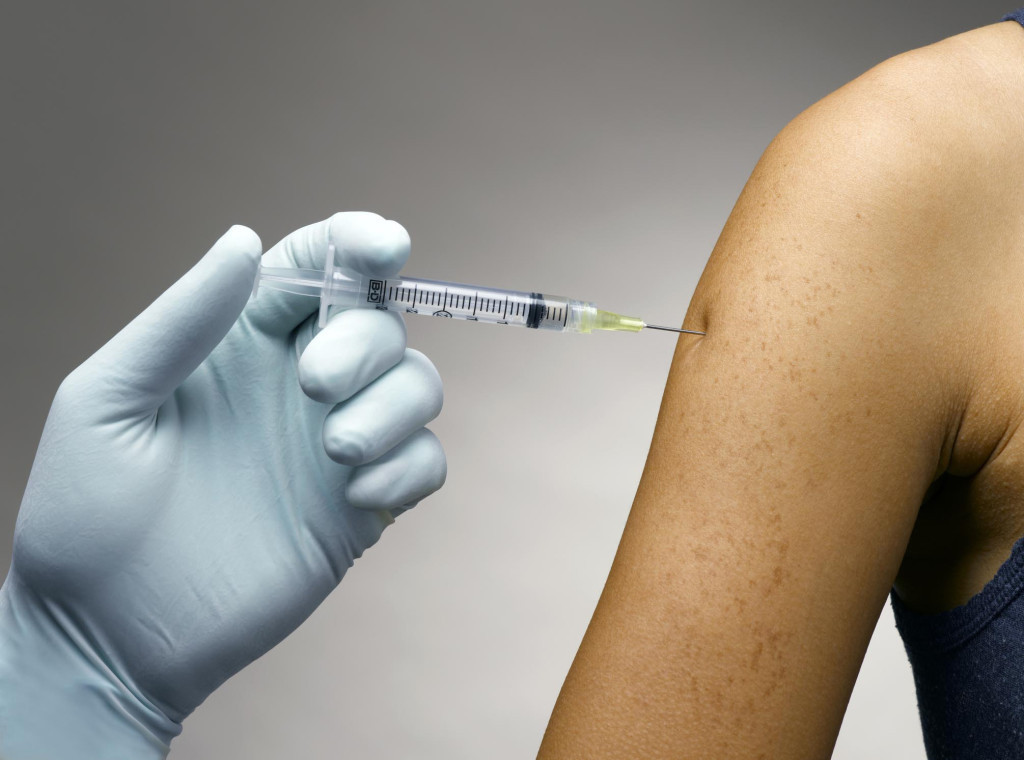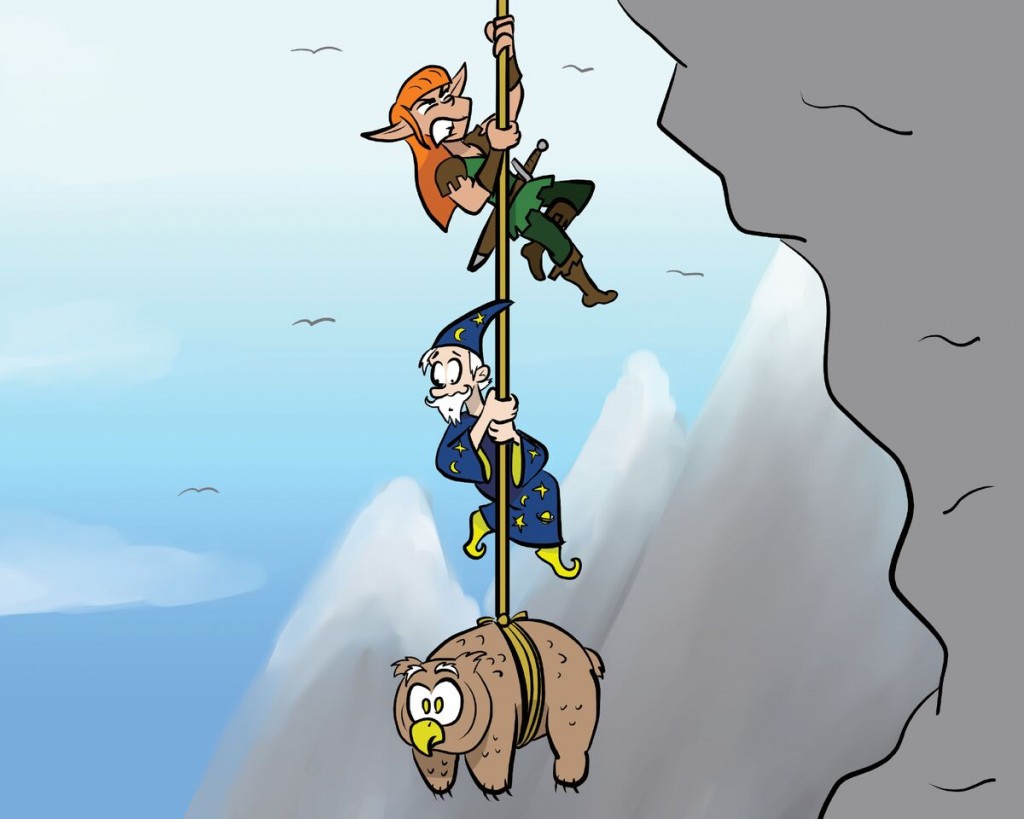Get vaccinated for those who can’t
By Sophie Isbister, Life & Style Editor
There has been an anti-vaccination movement ever since vaccines have been in existence. People have always been wary about taking vaccines into their veins, and have been arguably even more worried about government intervention into their personal health lives.
This is a fair concern, and one that has been heeded by the government so far—vaccines are not mandatory. However, that has posed its own set of problems. Due to misinformation spread by actress (not scientist) Jenny McCarthy, a whole generation of parents avoided the MMR vaccine for their kids because of now-debunked reports that the vaccine could cause autism. This has led to recent outbreaks of measles across Canada in 2013.
Wariness and uncertainty about the flu vaccine—usually based around emotional responses and “icky feelings”—have also posed public health concerns; health officials worry that enough people are opting out of the flu to compromise herd immunity, which is the accepted theory that having a high percentage of the population inoculated against a virus protects the community as a whole. We lost herd immunity with measles, which is part of the reason we’re seeing an outbreak.
Some people can’t get the flu shot, such as people with immune disorders, or those with egg allergies. Herd immunity protects those people: the flu is less likely to spread through populations when a high percentage of that population is immunized. This is why it becomes an issue when otherwise healthy people opt out of the flu shot. Healthy people are perfectly able to withstand the flu, but they also risk passing it along to those who aren’t able to inoculate.
The flu vaccine is completely safe; it cannot give you the flu. If you got the flu immediately after getting the vaccine, it’s likely that you were exposed to the flu virus before getting inoculated. And yes, you can still get the flu after getting vaccinated—the flu vaccine does the best it can and usually protects against 70 to 90 per cent of common flu strains. But I think it’s better to hedge your bets and increase that herd immunity. If a healthy and strong adult gets the flu it is preferable to an immunocompromised person getting it—especially nasty strains like H1N1 and H5N1, both of which have reared their ugly heads this flu season.
People have been turning away from vaccines for reasons that are not based in science. While I understand that it is your right to say no and opt out, illogical, emotion-based arguments have sadly been winning the vaccination battle. There are plenty of solid reasons to get vaccinated as part of a comprehensive public health operative, and very few reasons—mostly selfish ones—not to.



